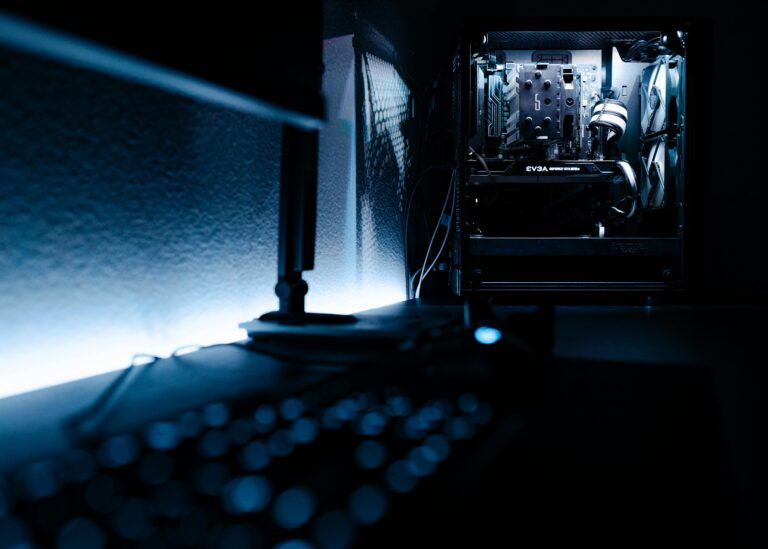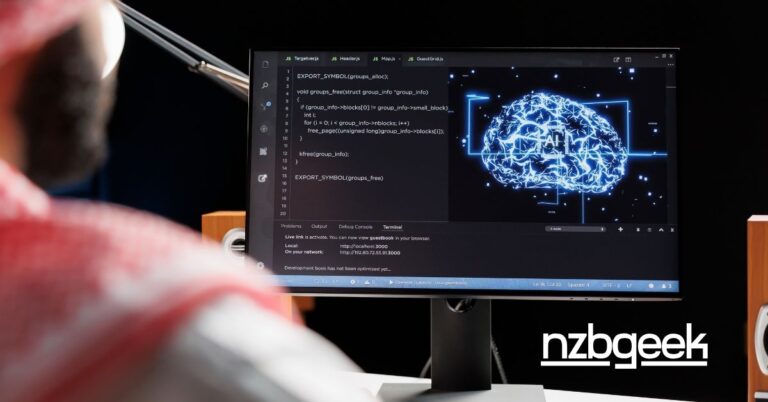Reaper Scans: Powerful Boost or Hidden Problem? Unlock the Secrets to Efficient Audio Production
Introduction
In today’s fast-moving world of digital music production, every second counts. Whether you’re a podcaster, sound designer, or music producer, efficiency is key. That’s where Reaper Scans come in — a crucial part of Reaper’s engine that identifies, manages, and organizes your audio plugins.
But what makes this feature so important, and how can it make or break your workflow? In this guide, we’ll dive deep into how Reaper Scans work, why they matter, and how to set them up for maximum creativity and stability.
You Might Also Like: tek-102-review
What Are Reaper Scans?
Reaper Scans are the background processes that allow Reaper — one of the most lightweight yet powerful DAWs — to locate and catalog every plugin (VST, VST3, AU, etc.) installed on your computer.
Think of it as your digital sound inventory — every time you open Reaper, it checks and lists all available instruments and effects, ensuring they’re ready to use instantly.
Unlike some DAWs that perform slow, rigid scans, Reaper offers full customization — you can decide where and when it scans, and even exclude unnecessary folders to save time.
You Might Also Like: kirby-dedo-history
Why Reaper Scans Matter in Audio Production
For a producer, nothing kills creativity faster than a crash or missing plugin. Reaper Scans prevent that by ensuring your setup remains organized, stable, and ready for performance.
Here’s what makes them so vital:
| Feature | Purpose | Benefit |
|---|---|---|
| Plugin Detection | Finds all installed plugins quickly | Expands creative possibilities |
| Custom Scan Paths | Lets you choose specific folders | Saves time and avoids confusion |
| Error Identification | Flags broken or outdated plugins | Prevents crashes and workflow loss |
| Incremental Scanning | Updates only new changes | Keeps performance smooth |
With these features, Reaper Scans don’t just make your workflow cleaner — they make it bulletproof.
How to Set Up Reaper Scans for Maximum Efficiency
To get the most out of your Reaper Scans, proper configuration is key. Here’s how to do it like a pro:
-
Define Plugin Folders:
Go to Options → Preferences → Plug-ins → VST and set specific directories for your plugins. Keep them organized by category. -
Run Manual Scans:
After installing new plugins, use “Clear cache and rescan” to refresh the list instantly. -
Remove Old Entries:
Delete duplicate or broken plugins that appear during scans to prevent instability. -
Schedule Regular Scans:
If you frequently add new tools, schedule scans to run weekly for up-to-date organization. -
Backup Settings:
Export your scan configuration so you can restore it quickly on another system.
When done right, your Reaper Scans become an invisible assistant — always running smoothly behind the scenes while you focus on creating.
You Might Also Like: Slylar Box
The Workflow Advantages of Reaper Scans
A well-managed scan system means faster sessions and more creative freedom.
Here’s how it directly impacts your workflow:
-
Zero Plugin Hunting: No need to search — everything is categorized and ready.
-
Reduced Downtime: Scans quickly detect issues before they affect your project.
-
Real-Time Performance: Perfect for live sessions or quick studio adjustments.
-
Cross-Project Flexibility: Easily load the same settings on multiple systems.
Reaper’s scan management helps producers stay in the creative zone, not stuck in technical setups.
You Might Also Like: Mike Wolfe Passion Project
Audio Quality and Creativity with Reaper Scans
Reaper Scans don’t directly affect audio fidelity — but they impact something even more valuable: your ability to stay creative.
When plugins are easy to find and stable, you can focus on:
-
Experimenting with new effects.
-
Layering instruments seamlessly.
-
Trying complex routing setups.
This clarity lets you produce faster, mix smarter, and deliver cleaner results.
Reaper Scans in Professional Studios
In high-end studios, downtime means lost money. Reaper Scans provide reliability across multiple systems and projects.
| Studio Challenge | Reaper Scan Solution | Outcome |
|---|---|---|
| Large plugin library | Smart cataloging | Quick setup time |
| Multiple users | Custom plugin paths per project | Personal workflow options |
| Frequent crashes | Plugin stability verification | Smoother performance |
| Remote sessions | Exportable scan settings | Consistent results across devices |
Professionals trust Reaper because its scans scale with their workflow, whether handling a single podcast or a 64-track mix session.
Troubleshooting Common Reaper Scan Issues
Even well-optimized setups can hit snags. Here are quick fixes for common problems:
-
Plugins Not Showing Up:
Verify the folder path and rescan manually. -
Crashes During Scan:
A plugin may be corrupted — temporarily remove new plugins and rescan. -
Duplicate Entries:
Clean cache and use one directory per plugin type. -
Slow Scanning:
Exclude old or unused folders from your scan paths.
Pro Tip: Keep a dedicated “Test” folder for new plugins before adding them to your main library.
Reaper Scans vs. Other DAWs
Compared to popular DAWs like FL Studio, Pro Tools, or Logic Pro, Reaper’s scanning is faster, lighter, and more flexible.
Other DAWs may re-scan entire directories every launch, while Reaper intelligently updates only what’s changed — making startup times much shorter.
That’s why many professionals consider Reaper not just a DAW, but a workflow powerhouse.
The Future of Reaper Scans
The next generation of Reaper Scans may integrate AI and cloud synchronization, automatically suggesting plugins or sharing scan databases across devices.
Imagine AI recommending the best EQ plugin for a vocal or analyzing which compressor fits your mix — these innovations are closer than you think.
How to Maximize Creativity Using Reaper Scans
Efficient scans = creative freedom. Once your Reaper setup runs smoothly, you can focus entirely on production, not maintenance.
Here’s how to use that to your advantage:
-
Create plugin presets for quick recall.
-
Experiment fearlessly with new tools — Reaper’s stability has your back.
-
Use folder-based organization for genre-specific plugins.
You’ll notice your workflow becomes faster, more consistent, and far less stressful.
Conclusion
Reaper Scans are the foundation of a clean, creative, and crash-free studio. Whether you’re an independent artist or a full-time producer, mastering this feature ensures smooth production and faster results.
From plugin organization to system stability, Reaper Scans turn potential chaos into structured creativity — helping you focus on what matters most: the sound.
Frequently Asked Questions (FAQ)
1. Do Reaper Scans affect sound quality?
No, but they directly affect workflow efficiency and system stability, which influences your final results.
2. How often should I rescan plugins?
After every plugin installation or major update to ensure compatibility.
3. Can I use Reaper Scans on multiple computers?
Yes, you can export your configuration and import it into another system for identical setups.
4. What if a plugin keeps crashing during scans?
Isolate that plugin, move it to a test folder, and contact the developer for updates.
5. Are Reaper Scans faster than other DAWs?
Absolutely — Reaper’s incremental scanning is faster and more efficient than most major DAWs.







